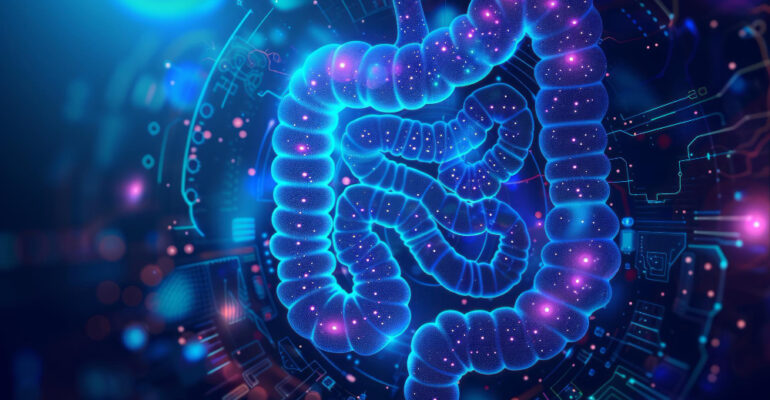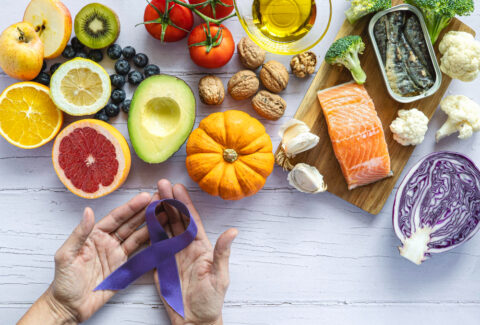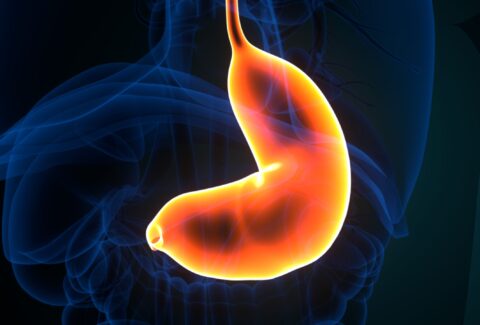Probiotics vs Prebiotics: What Your Gut Really Needs

Probiotics vs Prebiotics: What Your Gut Really Needs
Living in a busy and tight schedule, gut health has become an interesting topic for anyone who is aware of immunity, digestion and wellness to have a healthy life. However, prebiotics and probiotics are related to maintaining good gut health. What’s the difference between these and which one is required by your body to remain healthy?
Let’s get to know this through the blog. And there’s a health professional, Karan Kakkad who focuses on maintaining and restoring a good balance of the gut, which helps to prevent from any kind of chronic diseases.
Why Gut Health Matters
The gut in our body is considered as the “second brain”, which is a house of trillions of microorganisms helping to digest food systematically, followed by regulating the immune system and synthesizing vitamins. An interesting fact is that it is also enabled to influence moods.
So, if you are having a disrupted gut microbiome, it can lead to bloating, acidity, inflammation, constipation and even chronic diseases like thyroid imbalance, autoimmune disorders and PCOS. Hence, it is absolutely important to maintain good gut health, which can be done right through feeding proper ingredients and avoiding junk food.
Healthy food habits help good bacteria thrive, where prebiotics and probiotics have important roles to play.
The Key Difference Between Prebiotics vs Probiotics
a. Probiotics
Live microorganisms like yeasts and bacteria are probiotics, which offers health benefits when these are consumed in ample amounts. Such food helps to thrive the good bacteria and maintains the balance for gut microbiota.
Benefits of Probiotics
- Helps in improving digestion and nutrient absorption.
- Lessens gut inflammation.
- Develops immune system.
- Fight against harmful bacteria.
- Aids mental wellness by producing dopamine and serotonin.
Natural Sources of Probiotics
- Homemade pickles
- Yogurt and curd (homemade)
- Buttermilk
According to Karan Kakkad, probiotics are beneficial when taken through natural sources. So, it is advisable to have homemade foods rather than processed supplements.
b. Prebiotics
Prebiotics refer to non-digestible fibers that are just like food for the beneficial bacteria in the gut. The prebiotics help the good bacteria to grow and function properly.
Benefits of Prebiotics
- It helps to grow beneficial microbes.
- Enhances bone health and calcium absorption.
- Supports normal blood sugar and weight management.
- Reduces the risk of gut-related disorders.
Natural Sources of Prebiotics
- Onions and garlic
- Bananas
- Apples
- Flaxseeds
- Whole grains like barley and oats
Karan Kakkad in his holistic retreat highlights the importance of feeding good bacteria to have a healthy gut, through diverse fiber-rich foods. To learn more about these and want to resolve your gut related issues, switch to the holistic approaches offered by this health expert and experience the difference on your own.
Both for Optimal Gut Health
Including Prebiotics and Probiotics for your health can bring positive changes. There needs to be a balanced diet, which contains both of these to boost your gut health. With the help of a few basic steps, you can integrate probiotics and prebiotics in your daily routine.
- Start your morning with a glass of warm water and mix the water with a teaspoon of soaked flaxseeds (prebiotic).
- Try to have buttermilk or curd prepared at home with your lunch (probiotic)
- You can have a bowl of apples and bananas as your mid-evening snacks (prebiotic).
- You can definitely add fermented pickles to your meal to gain some extra dose of healthy bacteria (probiotic).
- Having cooked meals with garlic, whole grains and onions regularly is one of the best options to have a healthy gut (prebiotic).
Karan Kakkad advises to consume natural sources to gain both, probiotics and prebiotics, which helps to maintain gut-healing protocols easily.
Summary
When the issue is about your gut, it is quite understanding that nothing feels alright as all the energy drains out. Therefore, it is essential to maintain a good and healthy gut, which cannot be solely done without integrating prebiotics and probiotics in food. Since a healthy gut is a keyway to have a better life, it is your duty to start the day with the right food. Through the help of health specialist, Karan Kakkad, you get to know about the holistic approaches focusing on nutrients and fibers that keep the gut healthy.
FAQs
1. Can probiotics and prebiotics, both be taken together?
Yes, you can consume both as it will create a synbiotic effect to enhance the condition of your gut health more accurately.
2. Is it necessary to take supplements for prebiotics and probiotics?
Not. You can rely on natural sources to gain prebiotics and probiotics, which works the best rather than switching to commercial supplements.
3. For how long do I need to take prebiotics and probiotics?
To have a healthy gut, you need to be consistent with your diet and you can notice the change in 2 to 4 weeks depending on the imbalance.
4. Does consuming probiotics leave any side effects?
When you opt to consume probiotics from natural sources, it is usually safe. However excessive consumption may cause temporal bloating or gas to sensitive beings.
5. How to identify whether I have an unhealthy gut?
The common things that you can notice are constipation, sugar cravings, fatigue, bloating and frequent infections.






Recent Comments